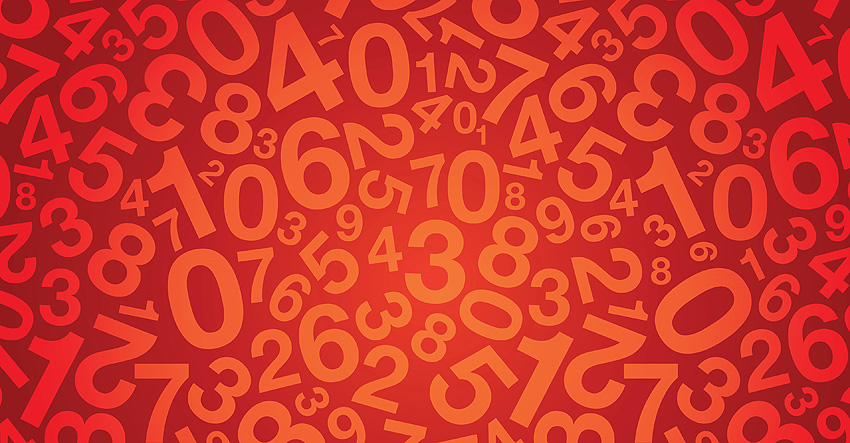Bank overdraft and debt recovery fees
19/12/2023
Have you ever been charged a bill that left your account in the red? And, to make matters worse, did your bank then charge you overdraft fees?
If you’ve ever found yourself in this position, you may want to explore our guidelines on overdraft and debt recovery fees. However, beyond these guidelines, for your bank’s actions to be considered lawful the following conditions must also be met:
- You must have the right to opt out of allowing your bank to process payments that would overdraw your account – both when you open the account and at any time thereafter.
- If an overdraft occurs, the bank must notify you of the timeframe for settling the negative balance along with any applicable debt recovery fees.
- Debt recovery fees can only be charged if the outstanding balance remains unpaid and the bank has actively taken steps to recover the amount owed.
- Overdrawn amounts that have been claimed but remain unsettled cannot generate further overdrafts or additional overdraft or debt recovery fees, although they can generate late-payment interest.
- Any debt recovery fees charged must be considered part of the overdraft service and included in the calculation of the APR under cost of credit.
Banks must also avoid generating or increasing overdrafts for:
- Reversing a fee or charge with a later value date than the original charge.
- Charging loan or credit instalments to an account at the same bank when it is already overdrawn.
- Assigning a value date to cash deposits, whether made at a branch or ATM, that is later than the actual deposit date.
Remember, you can find further information on this topic in our best practice criteria for debt recovery costsAbre en ventana nueva and overdraft feesAbre en ventana nueva, which were recently updated in the Complaints Report 2022.



